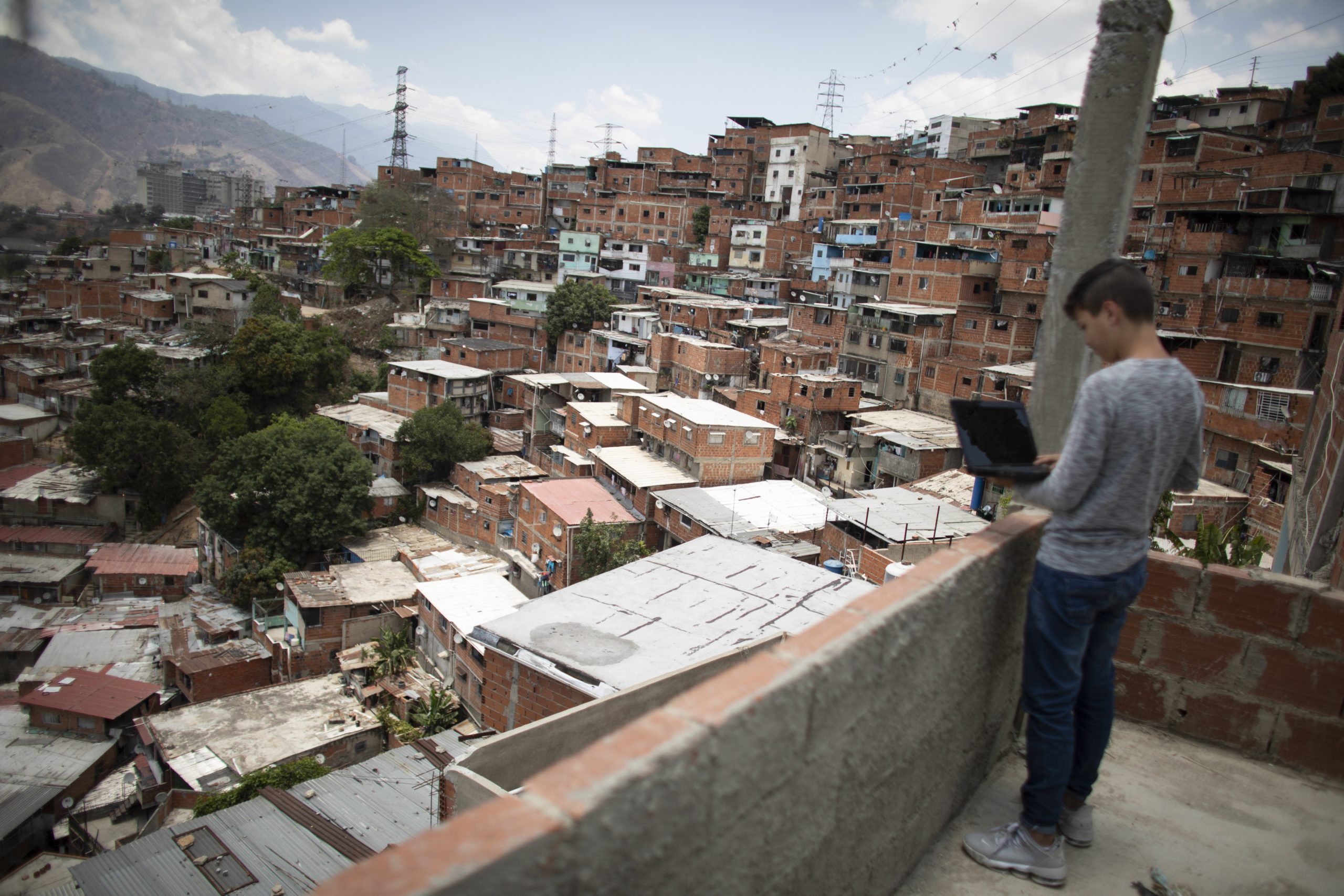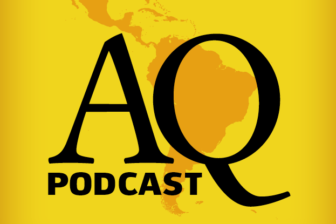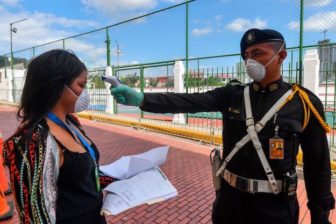Improving the quality and coverage of education is the only way that Latin America and the Caribbean will be able to truly reduce inequality. But the COVID-19 crisis has sidelined the region’s efforts and now more than ever, innovative policymaking and a move to increase access to new technologies are essential to make sure that young people don’t fall through the cracks.
According to UNICEF, more than 95% of children in Latin America and the Caribbean are now out of school. That has effects beyond just education itself: in-school nutrition programs benefit more than 80 million children in the region.
Attempts to continue schooling during the outbreak have focused on information and communication technologies (ICTs) as a tool to help children learn from home. But the region is not prepared. Despite years of efforts to incorporate ICTs into teaching, little progress has been made. The digital divide means many low-income students lack computers or reliable access to broadband internet and a reliance on ICTs could exacerbate the existing inequalities.
How to respond? Simply losing a year cannot be an option, and much of Central and South America began their school years in the first quarter of 2020. Outright cancellations could also drive many students out of the education system entirely.
One solution incorporated to fulfill the digital gap and the risen need of distance teaching has been to turn to broadcasting – using radio and television as a means to bring students without reliable internet access into the fold. In Panama, public TV and radio stations have been set to this purpose.
But a broader push is needed. If anything, the coronavirus should provide the region with an opportunity to expand internet access and deepen efforts to engage with students outside the classroom. Policies being designed to respond to the crisis must incorporate the expansion to internet access as a priority.
Uruguay offers a positive example. Since 2007, the country has undertaken an ambitious program to incorporate ICTs into the education system. Public schools provide laptops and tablets to all students, democratizing access and helping expand the reach of education. The country has also worked to guarantee universal broadband internet access, and included the use of technology in its teaching guidelines. All this has made the country, perhaps uniquely in the region, well equipped to deal with the coronavirus’ effect on schools.
Progress has also been made in Panama through public-private partnerships, with technology providers offering free internet access for educational platforms. The government and Ayudinga, an education non-profit, are offering teaching materials through a free multimedia platform, though many students on the wrong side of the digital divide still do not have access. In Panama it is estimated that amongst private school students 75% have access to equipment and internet; while in the public system 75% do not have access.
Chile also partnered with the private sector rapidly making texts available digitally without charge, distributing printed material for those without access. Colombia has just announced courses through public television mostly for areas without internet coverage.
The crisis has made it clear that countries need to speed up progress in education –governments need to make it a key component of their plans for economic recovery, and the private sector needs to step in to act as an effective service provider, giving access to education through technology to a broader swathe of the population. Teachers, communities and students must also adapt to new models of education. Remote rural populations in the region, many without access to public services in general including education, could benefit from the bridge of the digital divide. This could be the strongest coronavirus legacy for Latin America and the Caribbean, benefitting millions of our citizens.
If COVID-19 offers a lesson for the region, it is on the importance of collaboration. Addressing inequalities in the school system, ensuring equal opportunities for all, and giving our citizens the possibility to reach their full potential is a challenge that we all must rise to meet.









